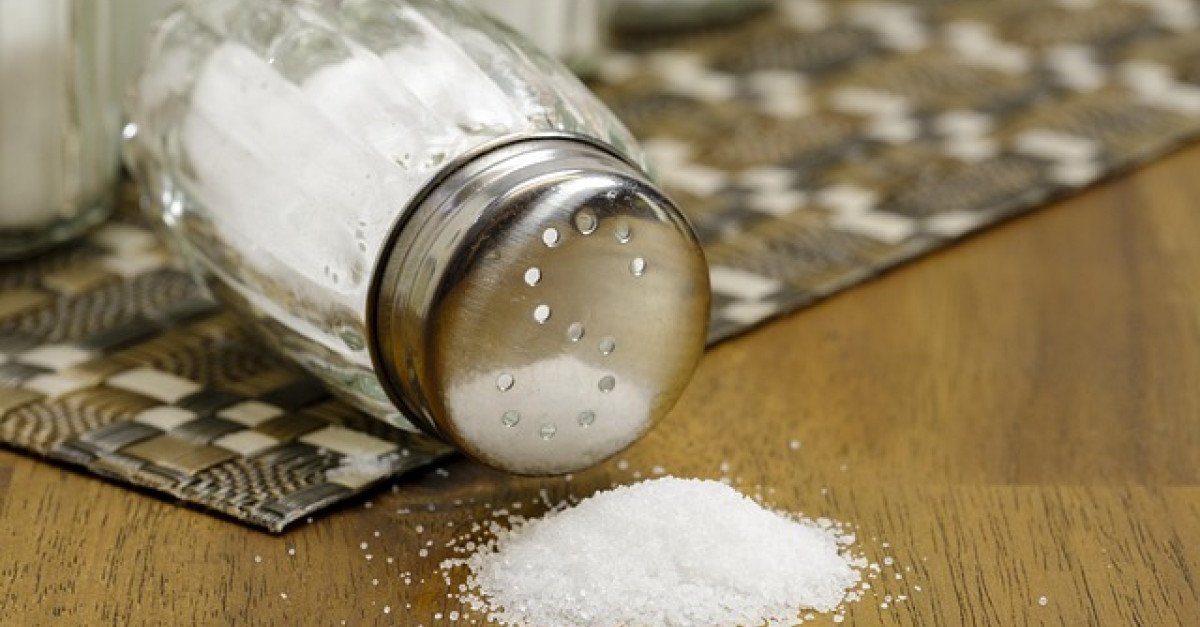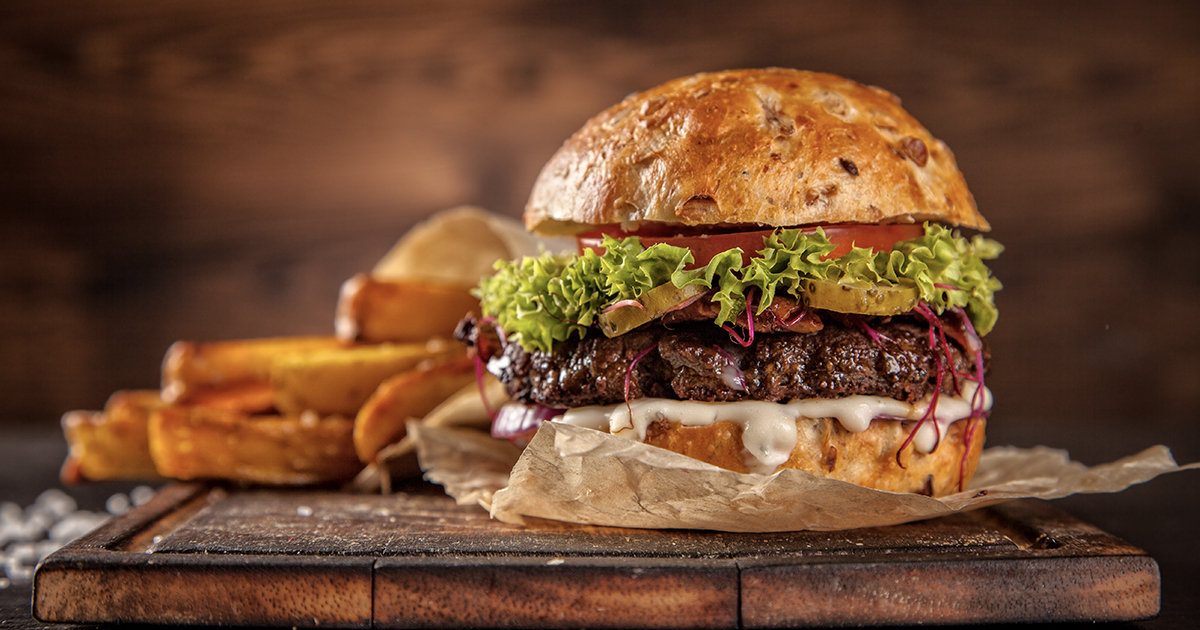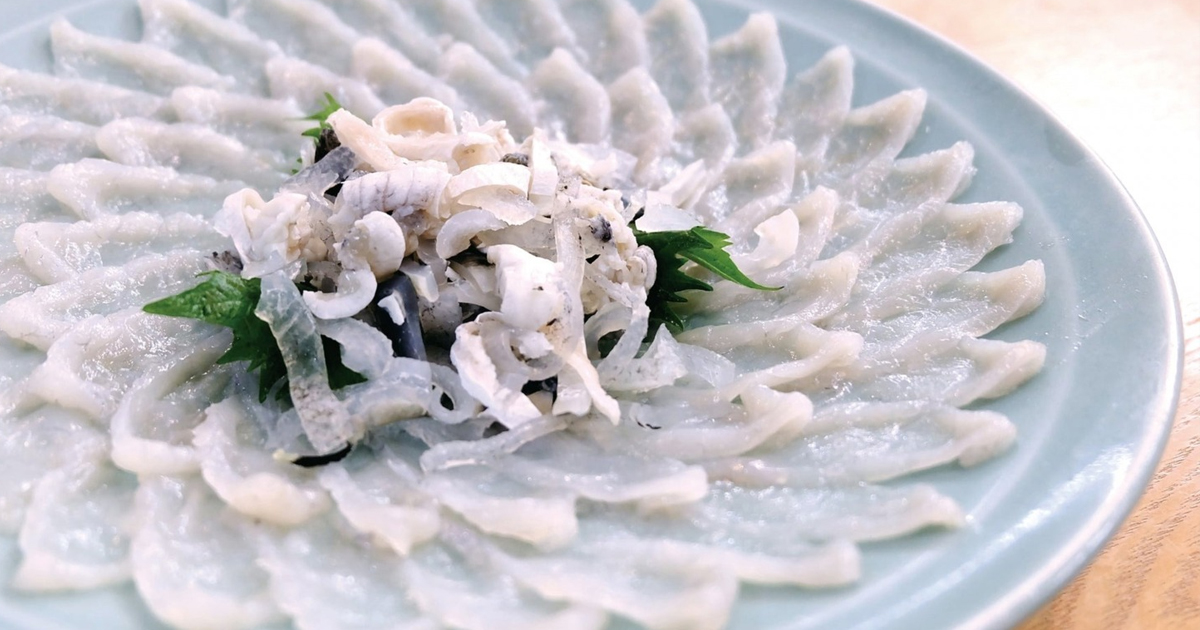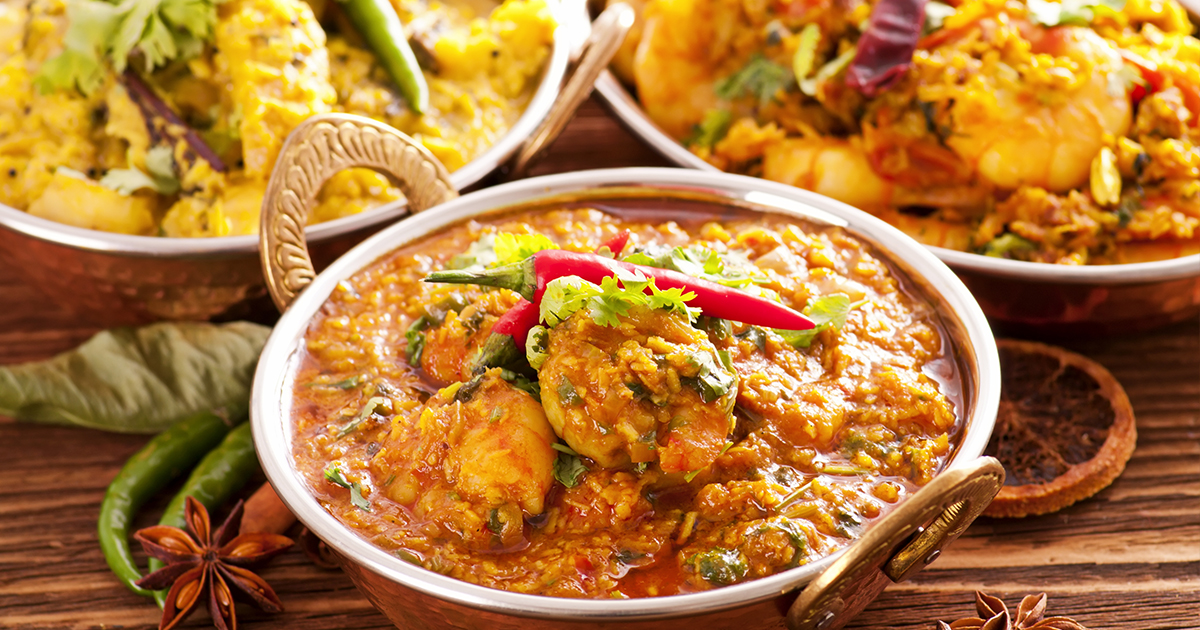When Just A Bit More Becomes Too Much
You may be familiar with the situation where a dish you’re preparing needs just that tiny little bit more salt, but after adding another pinch you realize that the food is now too salty. Don’t worry, all is not lost! We share some tips on how to fix food that’s been given too much salt.
Not Just A Matter Of Taste
It would be hard to imagine life or food without salt. While it has its own distinct flavor, it also helps bring out all the other flavors in a dish. But there are some unwanted health effects of eating too much salt on a long-term basis. These include high blood pressure, fluid retention, bloating, and increased thirst. These effects are worse for those with heart or kidney problems. Clearly, we need to be careful that we don’t over-salt our food.
Restoring The Balance With Water
Adding water to a dish can dilute its salt content back to an acceptable level. If a soup or sauce is too salty, stir in water or no-salt broth gradually while tasting often. If a cut of meat or fish has been oversalted, you can quickly rinse it under running water, and pat it dry with a paper towel. Be careful with this method, as too much water will make the situation even worse!
Neutralize With An Acid
The addition of an acid like vinegar, lemon juice, or unsalted tomato juice may be just what your too-salty dish needs to get back to its proper flavor. As with the water, add a little splash, stir, and then taste. It shouldn’t take very long to round off the salt. Alternatively, sprinkle some lime or lemon zest to bring things back into the balance. You'll add some tang into the bargain!
Sweeten It Up
Adding a sweetener to the dish uses the same principle as that of the acid above. A spoonful of honey, maple syrup, or a pinch of brown sugar would be ideal for this. As always, be careful not to go too far the other way and make the dish too sweet. Add the ingredients gradually, and taste frequently to get it right.
Bulking Up
If the above methods don’t work, you may be able to get away with adding a dollop of sour cream or heavy cream to the dish to decrease the saltiness. The danger here is that you run the risk of making the dish too creamy. Many people also recommend adding a whole unpeeled potato to the soup to absorb salt, and remove the potato before serving.
Prevention Is The Key
Avoid over-salting your food in the first place and you'll make your life much easier. Try to measure out salt accurately, and don’t do it over the dish where the excess will spill in. Be aware of the salt content of canned ingredients and items like olives, anchovies, etc. Make sure the lid of your salt shaker is secured, and always keep the salt handy at the dinner table. It’s better to under-salt food a bit and allow people to add it themselves.
You May Also Like:
Foods You Need To Eat To Live Longer—And What To Stay Away From
Secret Ingredients To Elevate Any Dish









